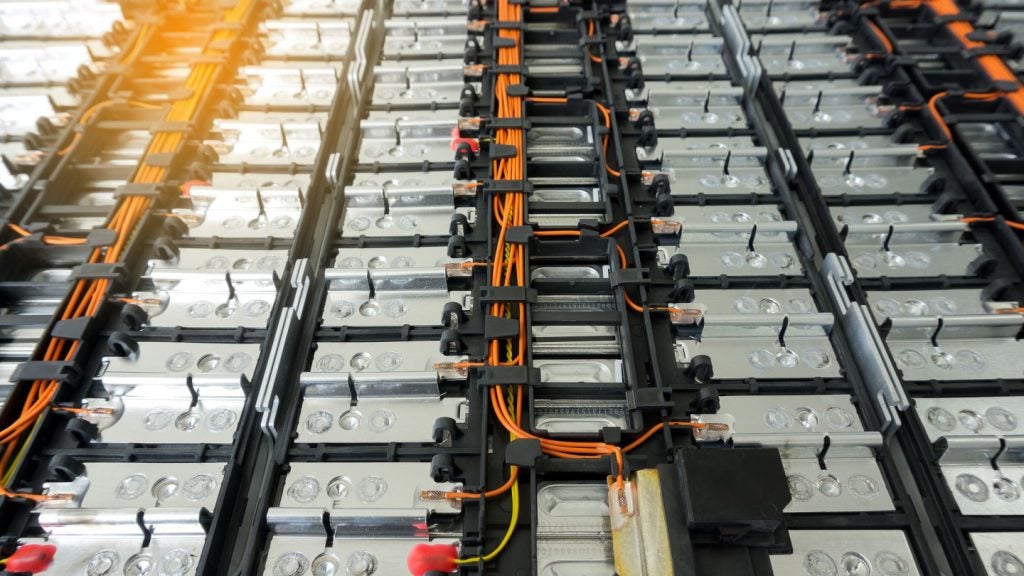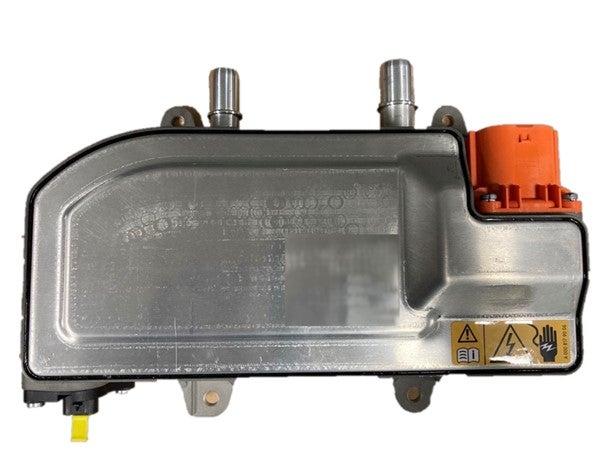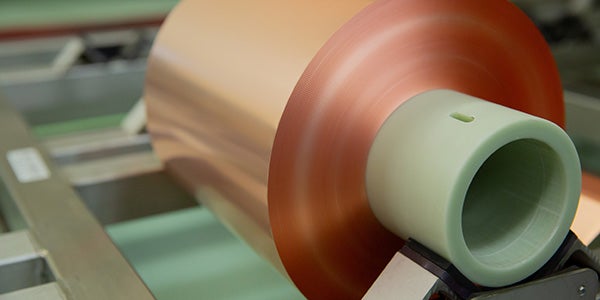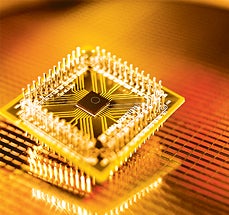Chinese companies are looking to invest in South Korea’s battery industry as it will allow them to receive US tax breaks, Bloomberg reports.
The US wants to reduce its dependence on China in its EV supply chain. However Chinese firms have found a way to take advantage of Korea’s free-trade agreement with the US.
Korean-made batteries that are installed in EVs made in the US should qualify for the Inflation Reduction Act (IRA) benefits.
While the Biden administration is currently drafting rules that would dictate how much content to allow from any ‘foreign entity of concern,’ – businesses or groups owned or controlled by states such as China and Russia – there may be a limit to how much these rules can achieve.
Speaking to Bloomberg, battery research firm SNE Research vice president James Oh said: “The US can’t exclude Chinese firms from EV supply chains.
“If they ban Korea-China partnerships, the US will never be able to make EVs.”
Bloomberg reports that over the past four months, $4 billion worth of investments have been announced by Chinese companies and their Korean partners for battery factories in Korea.
Some commentators say that these partnerships will ensure South Korea has a stable supply of raw materials, as opposed to importing them from China which is riskier.
Though there is a possibility that the US could block China-Korea partnerships at “anytime”, for now, analysts in Korea think the country will be able to maintain its relationship with China and learn about Chinese battery technologies.
















